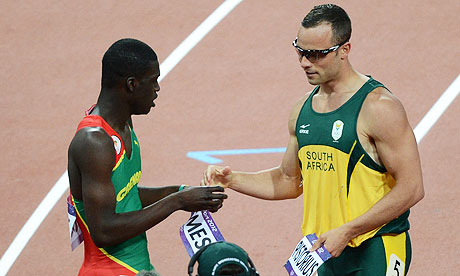
I really wanted to be smart. I wanted to prove I was smart--smarter than other people, smart to a superlative degree--one of the smartest. To my nine-year-old mind, Shakespeare was the epitome of intelligence, so naturally I decided I had to try to read it.
I wanted to begin with a play I had actually heard of, so naturally I chose Romeo and Juliet. I still remember some of the confusion I encountered trying to trudge through Elizabethan prose. It was so clearly beyond me, but I persevered for a surprisingly long time. I still remember reading the scene beginning "Gallop apace, you fiery-footed steeds." I was confused as to how she had ended up racing away on horses--I imagined her driving a chariot and running off somewhere, obviously in desperation to be with her true love. I must have given up not long afterwards because I don't remember much of anything else. I went back to my Madeleine L'Engle and L.M. Montgomery novels after that.
My mother got rid of the bookshelf a few years ago, and with it, most of the books. She felt no one was reading them anymore, and with all of the kids out of the house, likely no one was. But I miss it. I miss the rows of old books and wondering who had read them before. Their dated covers and crumbling pages seemed to hearken back to the richness of a past age, where I imagined people read with greater regularity and less distraction.


